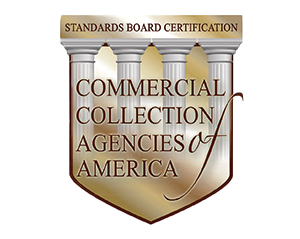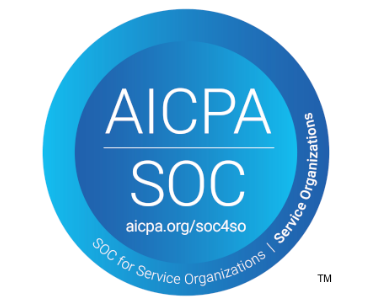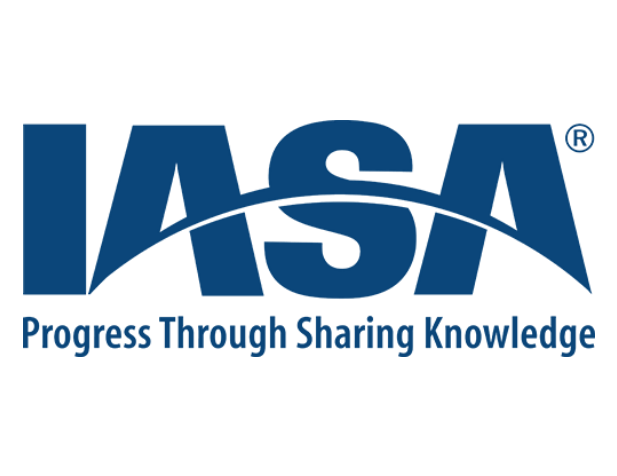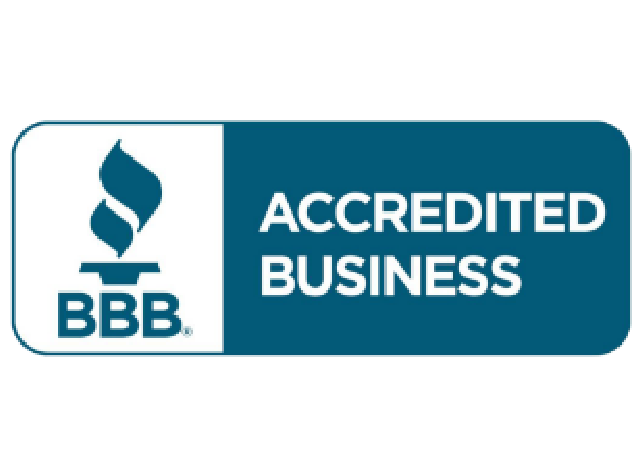Home / News & Insights / October 21, 2025 / ...
Debt Recovery Complaints on the Rise

Some interesting interesting figures have been released by the Association of Credit and Collection Professionals (ACA) revealing significantly increased legal activity in the accounts receivables industry. That’s more filings, more debt recovery complaints, and more class actions.
According to the report, figures for July are consistently on the rise, but what does this mean for those of us in Accounts Receivable? Are legal proceedings simply to be expected when rising debt levels push more clients into the red, or do they highlight the kind of poor debt collection practices that could damage your company reputation?
In this article, we’ll dig into the latest stats and highlight some of the reasons behind the spike, as well as exploring how a professional commercial collections strategy can help you avoid this kind of litigation.
Figures Suggest Growth in Unfair Debt Collection Practices
Figures for July 2025 revealed a total of 362 lawsuits filed under the Fair Debt Collection Practices Act (FDCPA), up 4.9% compared to the previous month. Although, year-to-date, these figures are down 5.3%, it’s important to note that, overall, this gap is shrinking month over month. That’s a steady growth in accusations of abusive, unfair, or deceptive practices when collecting consumer debts.
Clearly, the FDCPA filings highlight a rising trend towards litigation, but they are not the most dramatic statistics in the list. According to the report, complaints to the Consumer Financial Protection Bureau (CFPB) also jumped 10.8% in July and are up a staggering 103.9% YTD — more than double last year’s volume.
And if we look at the Telephone Consumer Protection Act, filings increased 6.2%, more than doubling the volume recorded for July 2024. Year-to-date, TCPA cases are up 52.7%, making this one of the most significant ongoing litigation risks for the industry.
Further details on these statistics and report findings are in the following ACA article: Legal Activity and Complaints Surge in July.
Why Are Debt Recovery Complaints Rising?
To a certain degree, this rise in complaints is to be expected given the national rise in debt levels. With more businesses in arrears and more collections ongoing, there are simply more opportunities for things to go wrong.
To some extent, the uptick in complaints also shows how our industry is facing sharper scrutiny from both regulators and consumers. As an industry, we all need to work to eliminate poor practices that can harm vulnerable consumers and lead to financial penalties.
But perhaps there is another factor at work here too? Looking at the ACA findings, there is an intriguing statistic tucked away in the report. Namely that almost 45% of plaintiffs filing in July were repeat filers.
In effect, these are experienced debtors, familiar with being in arrears and equally well versed in filing a lawsuit that will cause delays and disruption. Taking this into account, it’s important to remember that at least one potential reason for complaints and legal challenges is simply to delay payments.
How to Sidestep Debtor Delays
Complaints are a challenge for the debt collection industry, not least because they may reflect poor practices but – as we demonstrate every day at Brennan & Clark – complaints are not an inevitable consequence of collections.
In fact, lawsuits waged over aggressive collection tactics, disputes over debt amounts, and inappropriate communication can all be avoided if you follow robust internal processes and adhere to regulatory guidelines. However, doing this while also avoiding debtor stalling tactics takes skill and a deep understanding of debtor psychology.
If you find yourself responding forcefully to a hostile debtor, or you feel your collection agency is taking an overly aggressive approach, for example, check out our suggestions on effective communication and how to achieve a positive outcome for all parties in this article: Does your collection agency understand debtor behavior?
Train Your Team to Manage Modern Day Debtors
As the ACA’s data for July illustrates, legal and regulatory risk is intensifying for today’s Credit Managers and Collections Specialists. Looking ahead towards an unsettled financial landscape, it’s clear that monitoring the strategies and processes you have in place across your Accounts Receivable department will be more important than ever.
Primarily, you need to make sure that your team is equipped with the skills they need to collect all that can be collected without damaging client relationships. That takes more than just experience, however, because we operate in a fast-changing environment.
Ongoing training can help you comply with the latest regulations. Remember, experienced debtors are well aware of the laws that govern collections and will be quick to sue in the event of a violation, so keeping up with compliance should be an essential part of your training schedule.
To support you in training your in-house team, check out Brennan & Clark’s Collections Training Blueprint. This free guide offers a proven framework for B2B debt collection training, helping you recruit the right talent, sharpen negotiation skills, and create a compliant training culture that drives results.
We have over 40 years of commercial debt collection expertise behind us and if there’s one thing we know, it’s that protecting and prioritizing customer relations means you will enjoy more money – not more complaints. Contact us to discuss how a strategy for your business to improve collections.






